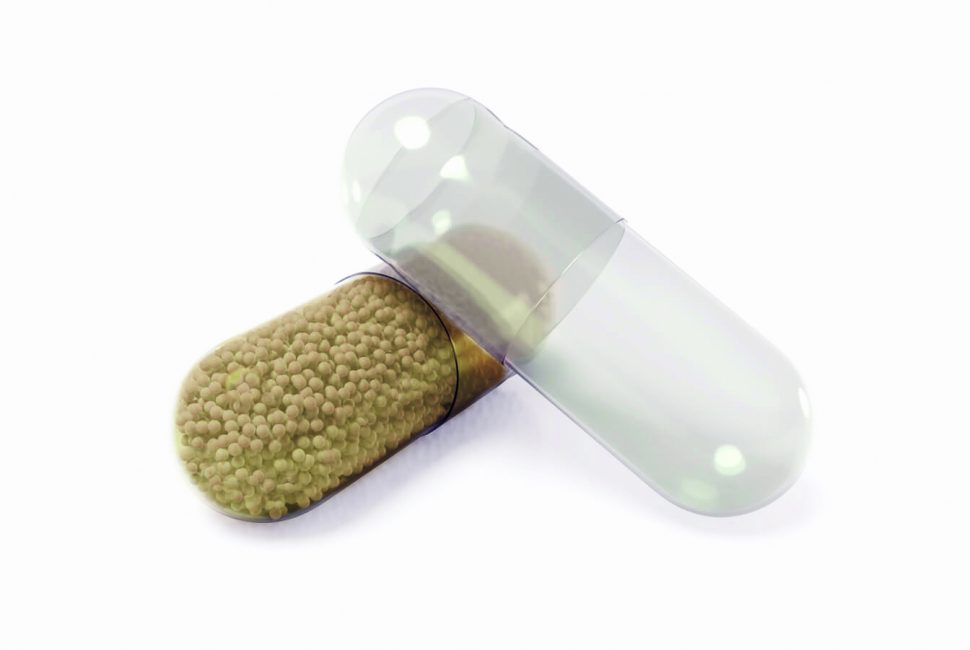
Saccharomyces cerevisiae-based probiotic as novel anti-fungal and anti-inflammatory agent for therapy of vaginal candidiasis
Authors: Gabrielli, E. Pericolini, N. Ballet, E. Roselletti, S. Sabbatini, P. Mosci, A. Cayzeele Decherf, F. Pélerin, Expert, P. Jüsten and A. Vecchiarelli – Beneficial Microbes Article in press
Previously we demonstrated that the treatment with live Saccharomyces cerevisiae exerts beneficial therapeutic effects against vaginal candidiasis. Here, we address potential mechanisms particularly examining the probiotic capacity to modulate both fungus and host-related factors. We show that the S. cerevisiae-based probiotic markedly affects the expression of virulence traits of Candida albicans such as aspartyl proteinases (SAPs) as well as hyphae-associated proteins Hwp1 and Ece1 in the vaginal cavity. On the host side, the probiotic suppression of the influx of neutrophils caused by the fungus into the vaginas of the mice is likely related to: (1) lower production of interleukin-8; and (2) inhibition of SAPs expression. However, these neutrophils displayed reactive oxygen species hyperproduction and increased killing activity as compared to the neutrophils of placebo-treated mice. There was no evidence of any cytotoxic effect by the probiotic, either when used in vivo on vaginal epithelial cell and organ architecture, or in in vitro in human vaginal epithelium. Inactivated yeast cells did not affect any of the factors above. In summary, the data suggest that the beneficial effect exerted by this S. cerevisiae-based probiotic is the result of its interference with the expression of fungus virulence factors coupled with the modulation of the inflammatory response of the host.

